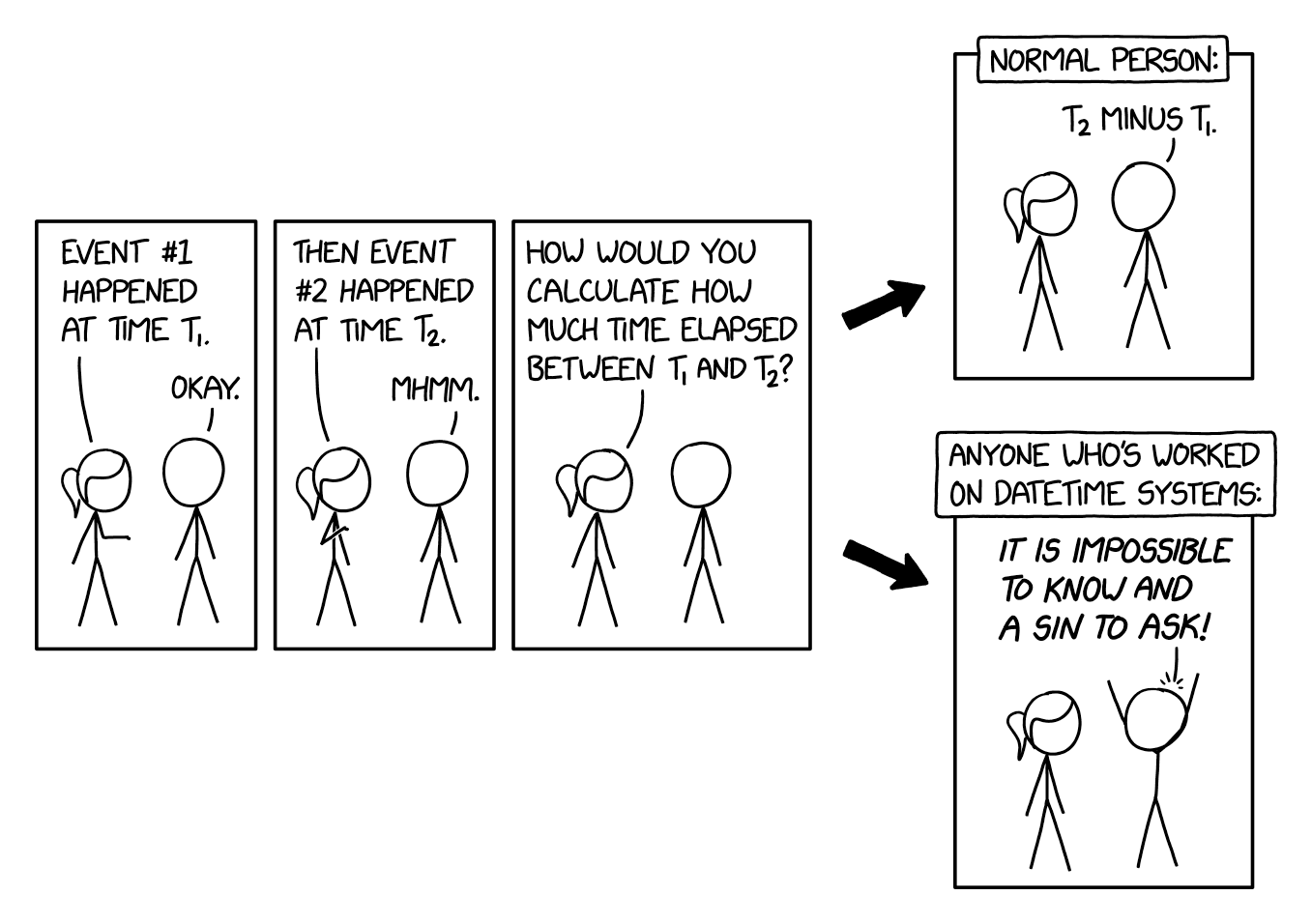this post was submitted on 14 Dec 2023
1018 points (99.2% liked)
xkcd
8973 readers
160 users here now
A community for a webcomic of romance, sarcasm, math, and language.
founded 2 years ago
MODERATORS
you are viewing a single comment's thread
view the rest of the comments
view the rest of the comments

it does in a way that's been reviewed, vetted and tested by a lot of people the thing that I'm trying to do with code that's only ever been seen by me and one other guy and has been tested to this best of my ability, which i hope is quite good but one person can easily miss edge cases and weird coincidences.
Tried and tested, now gotta brush up those searching skills and use llm to get your work done quicker
So how is the new thing different/better (other than less lines i guess?) If you dont me asking
it's simpler and a lot easier for another engineer to look at and understand later, so they can verify that it's right or change it if it's wrong or we decide to do something a little bit different. it's also been reviewed and tested by a lot of people working in a lot of cases that are all a little bit different from one another, so the odds that their code is correct are better than the odds that my code is correct, all other things being equal
It's easier to understand, easier to review for correctness, and less likely to cause problems with additional changes in the future. Even though it sounds counterintuitive, software developers generally try to write as little code as possible. Any code you write is a potential liability that has to be maintained, so if you can instead just call code that others have already written and that has been tested, you'll want to do that. (Note that "less code" doesn't mean fewer lines of code, it means less logical complexity, which is often, but not always, also less in terms of characters/lines)
So like my english teacher taught me. Keep It Stupid Simple(though he would say keep it simple stupid to some people in class i am just realizing now 20+ years later)
Exactly that! KISS is an often cited rule among software devs.